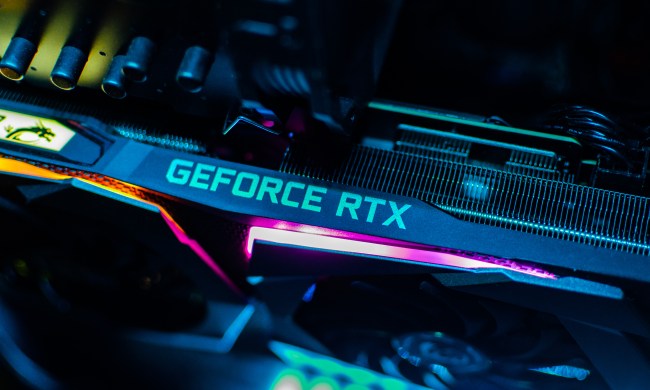Almost a year after the global chip shortage came into focus, the situation for the semiconductor industry hasn’t improved. In fact, it has gotten worse. According to new research from Susquehanna Financial Group, which has tracked chipmakers since 2017, the chip shortage is ramping up like never before.
As reported by Bloomberg, lead times from chipmakers have reached an all-time high. With this level of high-volume production, computer makers, car manufacturers, and anyone with a toe in the world of electronics need to place orders well in advance to account for how long the chips take to make. Normally, lead times are about 12-15 weeks. Now, they’re over 20 weeks — the longest time Susquehanna Financial Group has seen since 2017.

It’s a worrying sign, indicating the chip shortage may not be in the rearview mirror quite yet. Intel’s CEO warned in April that the situation wouldn’t recover until beyond 2022, and IBM’s president said that it would last a few years more in May. Even with recovering supply chains, it seems that chipmakers haven’t been able to catch up.
Thankfully, the extended lead times don’t apply to all types of chips. Lead times for power management chips, which ensure that the components inside devices receive just the right amount of power, have shrunk.
Microcontrollers, on the other hand, are in short supply and high demand. These chips handle logic, and they have applications in any electronic device with automatic functions, including printers, cars, and nearly all smart home devices. Lead times for these chips are usually between six to nine weeks, but now they’ve shot up to over 26 weeks.
There’s good news if you’ve been waiting out the GPU shortage, however. Most of the problems seem to apply to chips in cars, electronic accessories, and appliances. CPUs and GPUs are created using the latest processes, which increase in supply as chipmakers are able to build more plants. In short, you should be able to find the new MacBook Pro, but accessories for it may be tough to come by.
Carmakers have been hit the hardest by the shortage, potentially losing out on more than $100 billion in sales according to Bloomberg. The computing market faces a different problem — overcompensation. According to Jon Peddie Research, the increased demand brought on by the pandemic won’t last forever, leaving PC part makers with devices they can’t sell.
Right now, the extended lead times don’t mean much. In several weeks — likely somewhere in the range of six months — things may change. CPU and GPU inventory is much better now than it was months ago, but increased lead times spell higher demand, and that could mean higher prices.
Going into the second half of the year, the chip shortage is going to be a delicate balance of how many devices companies like Apple, AMD, and Nvidia need, and how much they’re willing to spend. We could see fewer PC parts or plenty of them with higher prices — hopefully, we won’t see both, and ideally, we’ll see neither.




